5 June 2024
Malaghan Institute clinician Dr Tom Mules has become a doctor for a second time, recently completing his doctoral thesis which was recognised among the top 10 percent of theses examined this year by the University of Otago’s Division of Health Sciences.

Dr Mules, who is also a gastroenterologist at Hutt Hospital, wrote his thesis on the relationship between gut health and metabolic disease, and whether we can design intervention strategies to improve the function of the intestinal barrier to improve health outcomes.
“My thesis tackled the complex issue of why autoimmune and metabolic diseases are on the rise and how we might shift focus from treatment to prevention. I am interested in the ‘leaky’ gut theory. This proposes that the lining of our intestine is being compromised by an increase in exposure to harmful substances in our environment. This makes our gut more leaky which can trigger inflammation and diseases in our intestine and other organs. To explore this theory and how we could strengthen a leaky gut to treat disease, I researched the effect of helminths, also called intestinal parasites, on the function of the intestinal barrier.
“My findings show that infection with certain helminths could reduce gut leakiness by reinforcing intestinal mucus, changing our microbiome and tightening the gaps between the cells which line your intestine. These findings suggest helminths could be used to treat autoimmune and inflammatory diseases caused by a leaky gut, such as irritable bowel disease.”
Dr Mules is part of the Le Gros Laboratory at the Malaghan Institute which investigates how parasitic hookworms affect and modulate the immune system and whether they can be applied therapeutically to treat a range of inflammatory and autoimmune disorders. Dr Mules says straddling both the clinical and research sides of fighting disease has a reciprocal effect on finding ways to help those suffering from often debilitating and life-long conditions.
“I currently work as a gastroenterologist three days a week at Hutt Hospital and as a researcher at the Malaghan Institute two days a week. The two roles are complementary. Having a foot in both camps means that I can be at the frontline understanding the diseases affecting patients and then try to address these issues through my research.”
“For hookworm therapy, we have learnt a lot so far but there is still a long way to go before it could be used in the clinic since there are still many questions to investigate. For example, is the improvement in intestinal barrier function enough to treat a patient’s disease, do certain patients respond more favourably to hookworm therapy than others and how do we predict that response, and what dose of hookworm should we use? We are constantly coming up with new research questions which we need to explore.”
Related articles
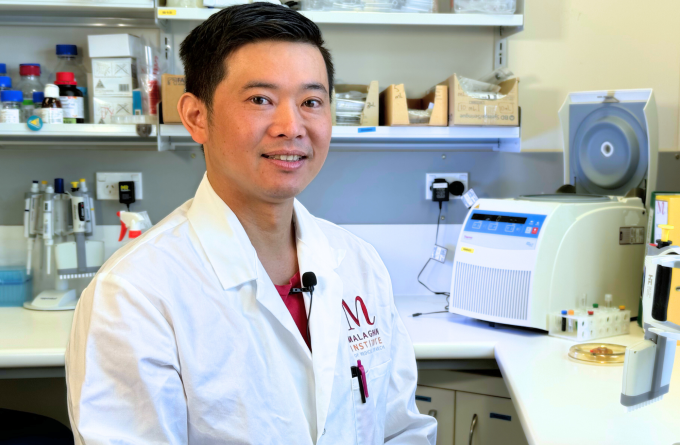
Fighting allergic skin disease at its root
17 December 2024
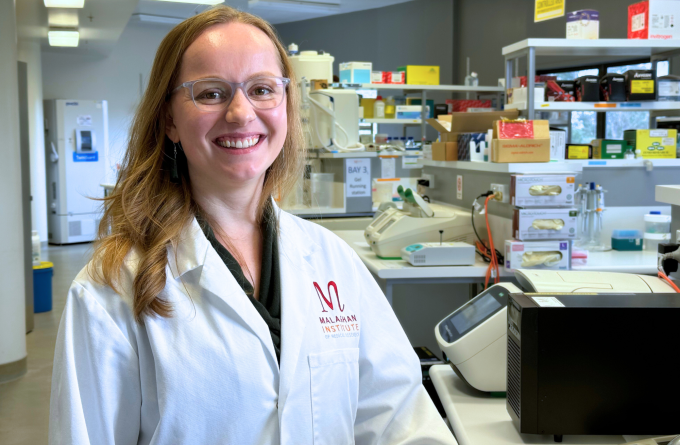
Fever: too hot to handle or the body's first line of defence?
22 August 2024
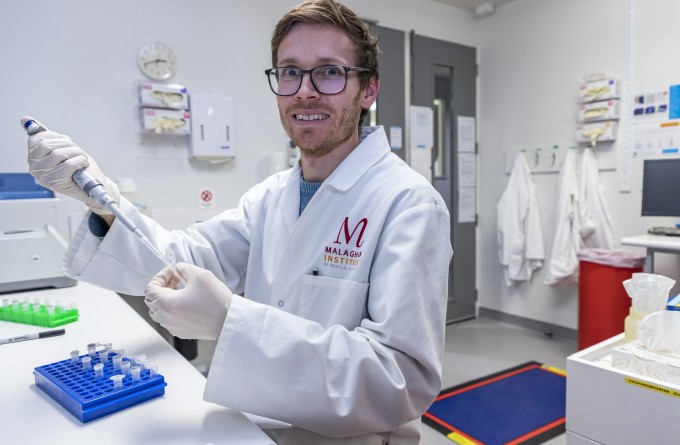
RNZ Our Changing World: Targeting bacteria, and health inequities
4 July 2024
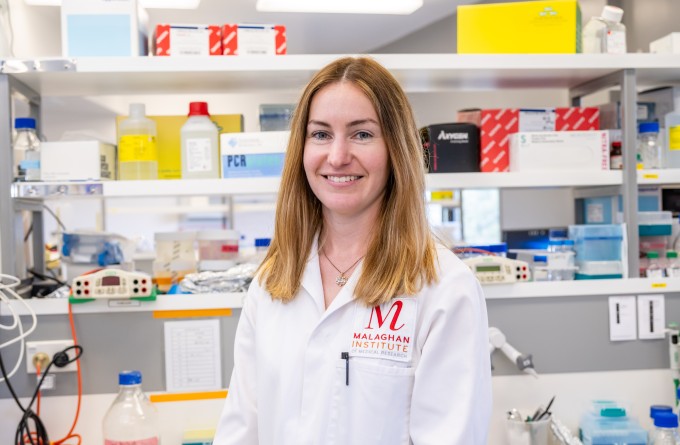
New research deepening understanding of elusive eosinophils
27 June 2024
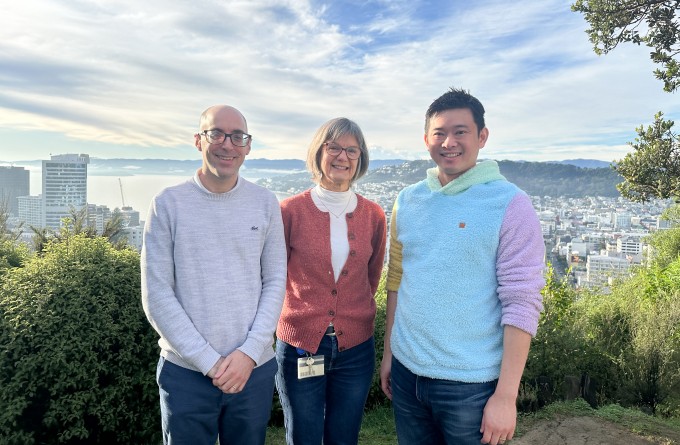
International collaboration finds lipid imbalance in the skin may contribute to inflammatory conditions
24 June 2024
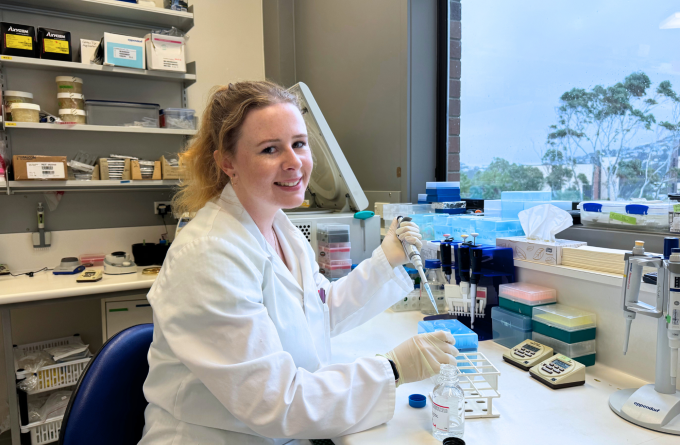
The ever-evolving world of immunology research
13 June 2024
